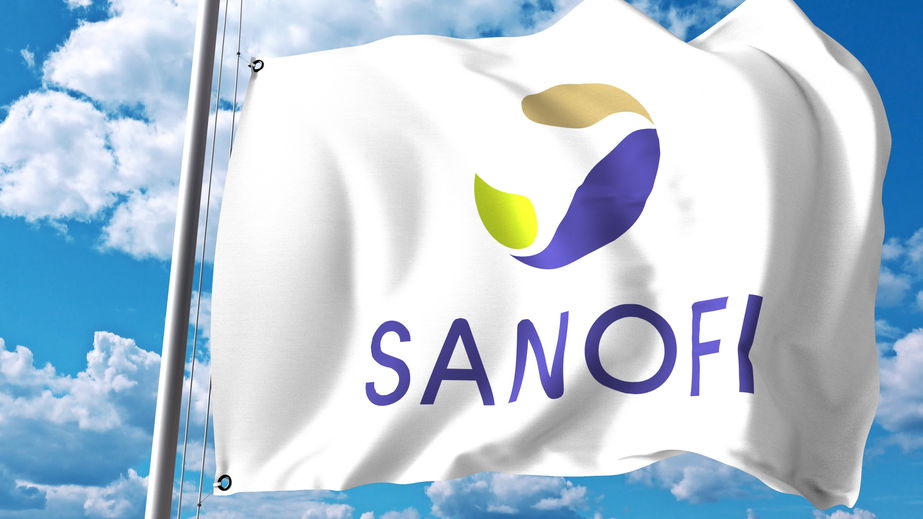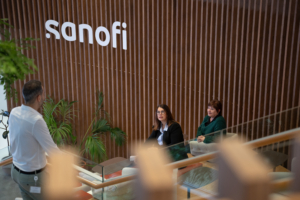
Sanofi ends immuno-oncology discovery with Regeneron
Sanofi and Regeneron announced they have "restructured" their US$2,17bn immunoncology collaboration. While the companies will continue co-marketing of the FDA approved (2018) PD1 blocker cemiplimab (REGN2810) as treatment for cutaneous squamous cell carcinoma, Sanofi will quit development of early stage antibody discovery programmes under the 2015 agreement.
Sanofi explained it wanted to gain more financial flexibility to push its own early stage immuno-oncology pipeline. Under the 5-year agreement inked in 2015, the drug major had given the committment to pay 75% of R&D ($750m) cost for antibody mono- and combination therapies targeting checkpoint inhibitors LAG, GITR and candidates in discovery stage.
Under the restructured agreement, Sanofi will pay Regeneron $462m representing the balance of payments due under the original agreement, which covers the Sanofi share of the immuno-oncology discovery programme costs for Q4/2018. Sanofi will pay $120m in R&D costs for two selected clinical-stage bispecific antibodies (BCMAxCD3 and MUC16xCD3) in which it retains the right to opt in after proof-of-concept, plus the termination fee for all other programmes under the agreement.
Regeneron will commit up to $70m million to push development of the BCMAxCD3 bispecific antibody for multiple myeloma and up to $50m to further develop the MUC16xCD3 bispecific for mucin-16 expressing tumours.
If Sanofi opts in, the drug major will lead development and commercialisation of the BCMAxCD3 bsAB and fund 100 percent of development costs, with Regeneron reimbursing up to 50 percent out of its share of collaboration profits. Sanofi and Regeneron will share global profits equally. Post-opt-in, Regeneron will lead MUC16xCD3 bispecific development and lead commercialisation in the US. The companies will share development costs and global profits equally. Sanofi will lead commercialisation outside the U.S
Regeneron retains full rights to its other immuno-oncology programmes including those targeting LAG and GITR checkpoints.


 ©FabienMalot
©FabienMalot Lonza Group
Lonza Group Vetter Pharma
Vetter Pharma